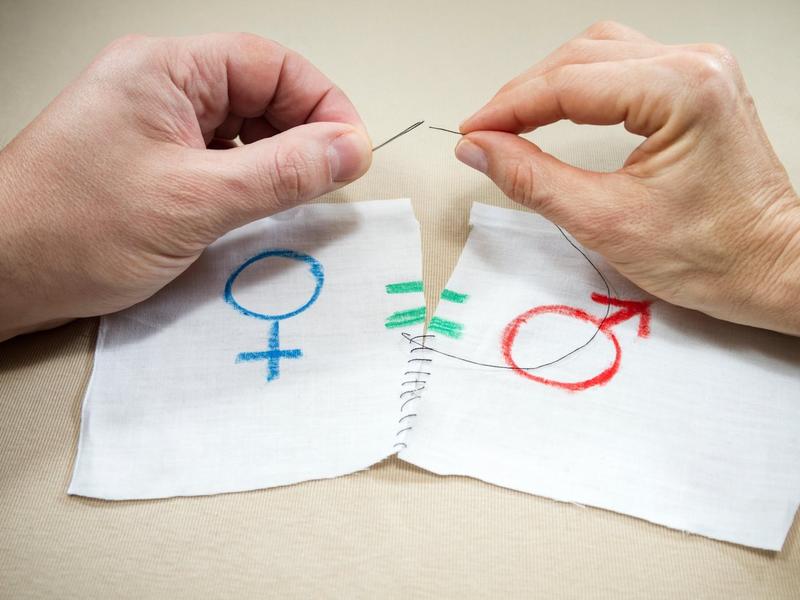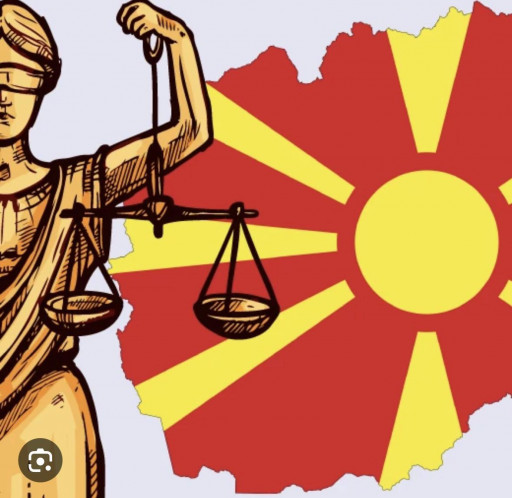There are many reasons why a political party ought to be inclusive and provide a platform for youth and women to reach decision-making positions. Some have to do with ethics, in the sense that a ‘government of the people by the people for the people’ must, in order to be sensitive to the issues that matter to such important segments of the citizenry, include them in the decision-making circles. Some have to do with performance metrics, in the sense that ruling bodies which are more diverse (be it in business or public administration) tend to be more accountable and more responsive [McKinsey & Company and United Nations Development Programme. 2017. Gender Diversity in the State: A Development Accelerator?; Riccucci, Norma M., and Gregg G. Van Ryzin. 2016. “Representative Bureaucracy: A Lever to Enhance Social Equity, Coproduction, and Democracy.” Public Administration Review 77(1):21–30; and UNDP. 2014. Gender Equality in Public Administration. New York, NY: UNDP.]. But political elites, even in democracies, are sometimes opaque to such considerations and can only be swayed using the language of electoral performance. Below are several arguments why the National Liberal Party would be better served – even if one focuses exclusively on this self-serving logic – if it chose to include more young people and women on the candidate lists.
The electoral year 2024 will be, by all estimates, a very difficult one for citizens, political parties and the administration alike. Elections are to be held at every level: local administration, national and European Parliament, as well as Presidential elections, thus determining the path Romania will take for many years to come. It is the duty of the National Liberal Party to stand for the Centre-Right platform and to do so convincingly. The context, however, is not entirely favourable.
The 3 years spent in government (first alone, leading a minority Government, then as senior partners in a coalition Government, currently as junior partners in a different coalition) coincided with the most serious string of crises experienced by our continent over the last few decades. This has clearly sapped public confidence in the National Liberal Party and has bolstered support for anti-system movements. In this context, there is little space for bold political manoeuvres or rebranding efforts, both of which would almost certainly require initiating a political crisis by either forcing out our Coalition partners or by leaving the Coalition ourselves. While this might aim to consolidate the party’s electoral score before the next elections, in reality the consequences would be deep instability, accusations of irresponsibility and perhaps irreparable damage to the party’s standing and to Romania’s credibility.
Forced to abandon the illusion that marketing gimmicks are the gateway to success, the National Liberal Party must look towards ‘untapped resources’, both inside and outside the party, to fuel any sort of electoral boost.
Inwardly, it must be able to harness the energy and dedication of all its members. It is usually expected of the so-called ‘special organisations’ (i.e. Youth, Students, Women, Business people) to be actively involved in campaigning (indeed, in light of past experience, to bear the brunt of the street, door-to-door & internet campaigns), but their members are not always equally well represented on the candidate lists. A more inclusive approach when it comes to the people designated to fill political positions would go a long way towards making sure that the youth and the women in the party feel valued, appreciated and galvanised.
Outwardly, said approach to inclusiveness would send a powerful signal that the National Liberal Party does not just talk the talk, but also walks the walk. It is a reasonable assumption that the youth and women in society would feel better represented by their peers and would consequently at the very least be more favourably disposed towards the National Liberal Party if not become Liberal voters, though one must also admit the fact that, when determining the profile of their preferred leader, Romanians across age and gender divides are still influenced by age-old patriarchal mentalities.
Moreover, significant change does not need to await the next elections. A more balanced, more inclusive approach can be put into action immediately.
The present moment, when the party is the junior member in the governing coalition, presents a unique opportunity to train the members of these organisations and offer them the possibility of learning the inner workings of the institutions which make up the central and local administration. The local branches ought to give these people preference when proposing candidates to fill in those positions which are, by law, political appointments.
This process would produce an essential pool of experts, who have not only academic or theoretical expertise, but also have direct knowledge of how institutions work, what they can and what they cannot do. These experts would then become much more competent in devising realistic and applicable policy proposals, but also in handling all types of discussions and debates, making them more effective electoral agents for the Party.

-2_thumb.jpg)


_thumb.jpg)


